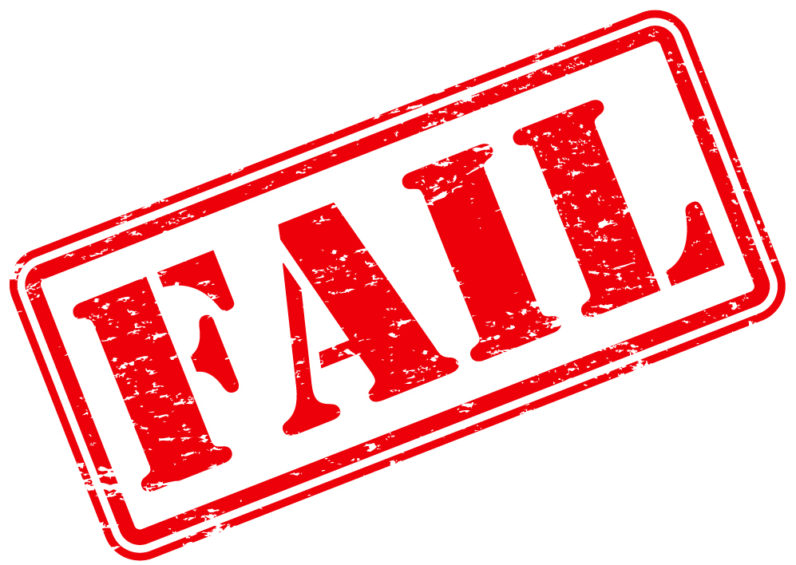
British philosopher Francis Bacon formalized the scientific method: “make a hypothesis, devise a test, gather data, analyze and rethink, and ultimately draw a broader conclusion.(pg.30-31)” Which we all use now when creating any experiment. Whatever it may be either at school or work. But in the book, scientists discovered how cancer is sort of formed inside the body. And they find out what’s making it so bad for you from the book and I quote “In cancer for example, what kills people is usually not the initial tumor but the disease as it spreads through the body. (pg.47/a little more on page 48)” Scientists took that information and split it up into four major cancers: breast, colon, lung, and prostate and tried to solve from those four. But that still left them with nearly 250 studies to examine. Based on what I read in these small couples of pages I would have still divided up my major cancers. But instead of focusing on all of them as singles I would have chosen my main cancer trouble in the moment. According to Global Health situation in the 1950’s/60’s lung cancer was the main cause of death by cancer. And 2016 the main cause of death by cancer is brain/leukemia according to Cancer Statistics. So with using that information, I would have focused on trying to solve a cure for lung cancer. I would have used my time for research and data on lung cancer. It would’ve saved me time and money and I think it would have helped me create less fails in my experiment. Which according to Mr. Begley is what science is all about.Failed experiments. Creating something new, testing it out and then determining either to continue or leave the experiment as it is, incomplete. A quote from the book … “I asked

Begley about the failure rate at Amgen. I expect that 90 percent of experiments do fail, our business is about managing failure.(pg.40)” So from that quote it seems like what they want us to take away is that the science department takes money from taxpayers and use it to test failure in different projects. Now if I was Begley I would have said something different, something that wouldn’t make the science department sound like a waste of time and money. If it were me I would say something along the lines of ” we experiment, we try to solve problems and look at things in a different light. We don’t experiment to fail projects and move on we experiment to test truth. And that truth detriments if we continue or stop.”


This chapter was interesting overall, we always knew about our experiment process the ones we do in school but other than that I didn’t think about it in depth about how philocefers do it in the real world. I 100% agree with what you said towards the end. I too, would have researched the cancer that was causing the most damage to save time like you said. You did a really good job presenting your ideas to us- Michelle G.
You said you would’ve find a cure for lung cancer first, I agree with you because instead of wasting people’s time and money on other research we could’ve found a cure on the diseases that are most frequently seen. I also read the chapter and what shocked me the most was that scientists take years to look over any flaws on their research and that’s why it takes years to find new cures for diseases. Just like in the book, many ideas would’ve advanced more rapidly if it weren’t for missteps along the way, if you were to find a cure for lung cancer how would you try to make sure you wouldn’t have any missteps or misleading information? – Leslie O.